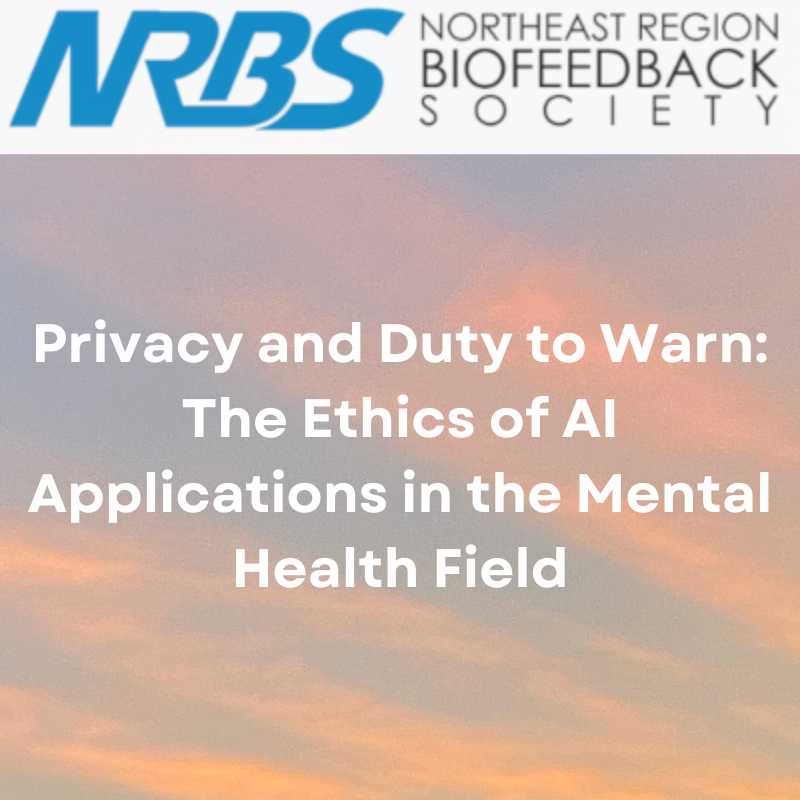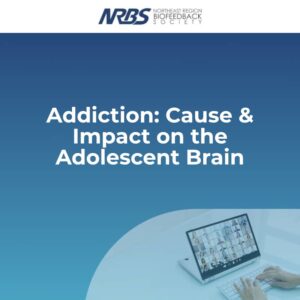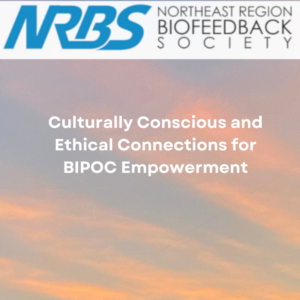Description
.
Artificial intelligence (AI) developers have spared no potential domain, including that of providing low-cost, perennial access to algorithm-based mental health support. While such tools would appear to provide a much-needed service to those who may not be of financial means to work with a therapist in a traditional
sense, the companies that produce these applications are not subject to the same legal restrictions and ethical norms as the clinical community. This discussion examines areas in which those receiving AI-based mental health may be harmed, including informed consent, data privacy and security, autonomy and agency, cultural insensitivity, overreliance on technology hindering the development of coping skills, and duty to warn
As a result of participating, the attendee will be able to:
1. Describe five ways in which users of AI-based mental health applications may be subjecting themselves to potential harm.
2. Provide informed support concerning the harm-minimizing use of AI-based mental health applications with clients who insist on using them to supplement traditional therapeutic support or for clients who might benefit from certain aspects of their use.
3. Evaluate the impact of proposed laws governing AI-based mental health applications and associated data to protect those who may not otherwise have access to traditional therapeutic support.
BIOGRAPHY
Dr. Rogene M. Eichler West, Ph.D., QEEG-D, is an accomplished scientist and technologist with a specialization in brain function analysis leveraging machine learning and quantitative EEG (QEEG) data. She has made significant contributions to the clinical application of advanced neurotechnologies and strategic business operations in the healthcare sector. As a co-founder of Brain Health Northwest, LLC, Dr. Eichler West expanded the company into a prominent clinical psychology and neuroscience firm, managing multiple offices and a team of over a dozen clinicians. She currently holds a position as Senior Research Scientist in Cognitive and Behavioral Modeling at Pacific Northwest National Laboratory, where she pioneers research in dynamical systems, deep learning, and neuromorphic computing. Dr. Eichler West is deeply committed to advancing scientific research, mentoring clinicians, and enhancing health treatments through innovation and leadership.




